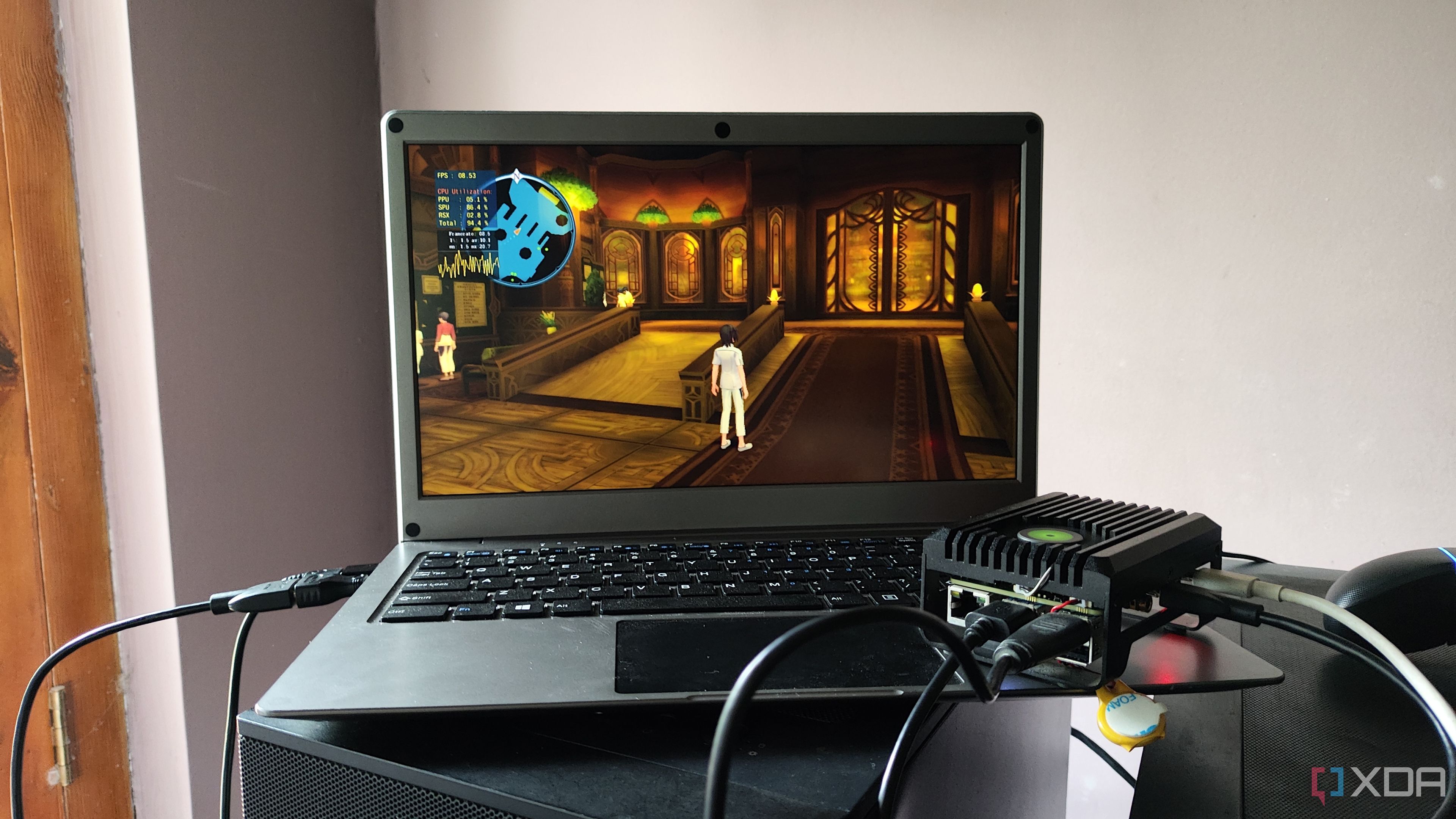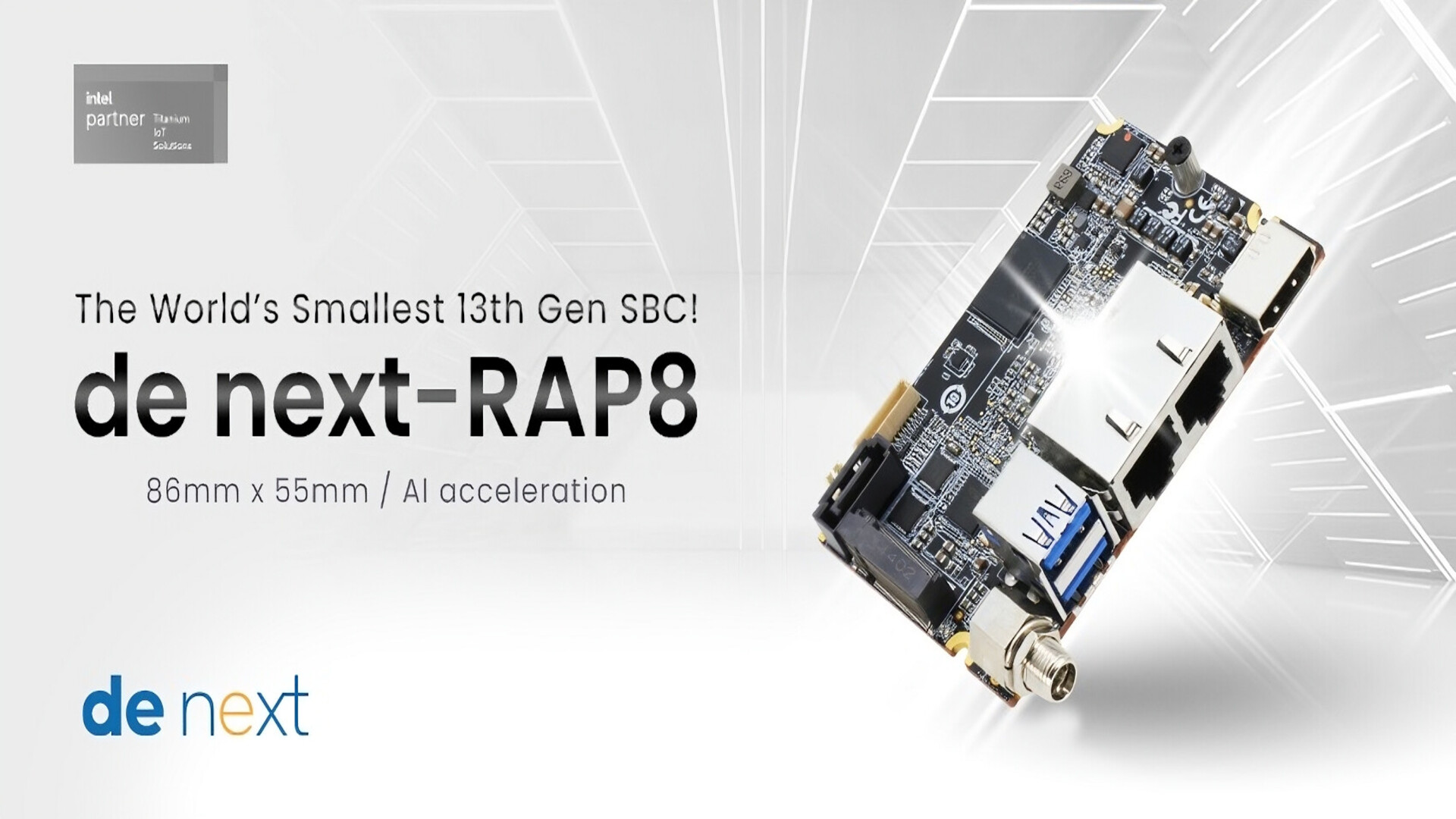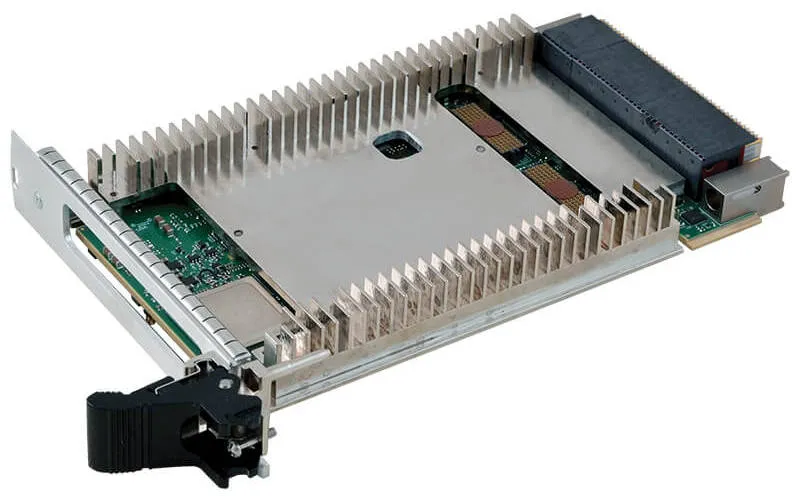Single-Board Computers
Recent Articles
Sort Options:

I tried emulating PS3 games on this $80 Raspberry Pi killer
The Raspberry Pi's dominance in the Single-Board Computer market is challenged by emerging x86 boards, which offer superior performance and compatibility. Budget-friendly options like the Radxa X4 are set to redefine the SBC landscape.

This Intel Core i7 motherboard is probably the world's most powerful SBC - and yet it is as small as the Raspberry Pi 5
AAEON's de next-RAP8 is a compact single-board computer featuring 13th Gen Intel Core processors, designed for robotics and industrial applications. While it offers impressive performance, its complexity limits suitability for standard office environments.

Tiger Lake-H Xeon-W SOSA single-board computer
Acromag introduces the VPX7600, a 3U VPX single-board computer featuring Intel’s 11th generation Tiger Lake-H Xeon W-11000E processor and an XMC mezzanine site, enhancing performance for advanced applications. This innovation is highlighted by Electronics Weekly.